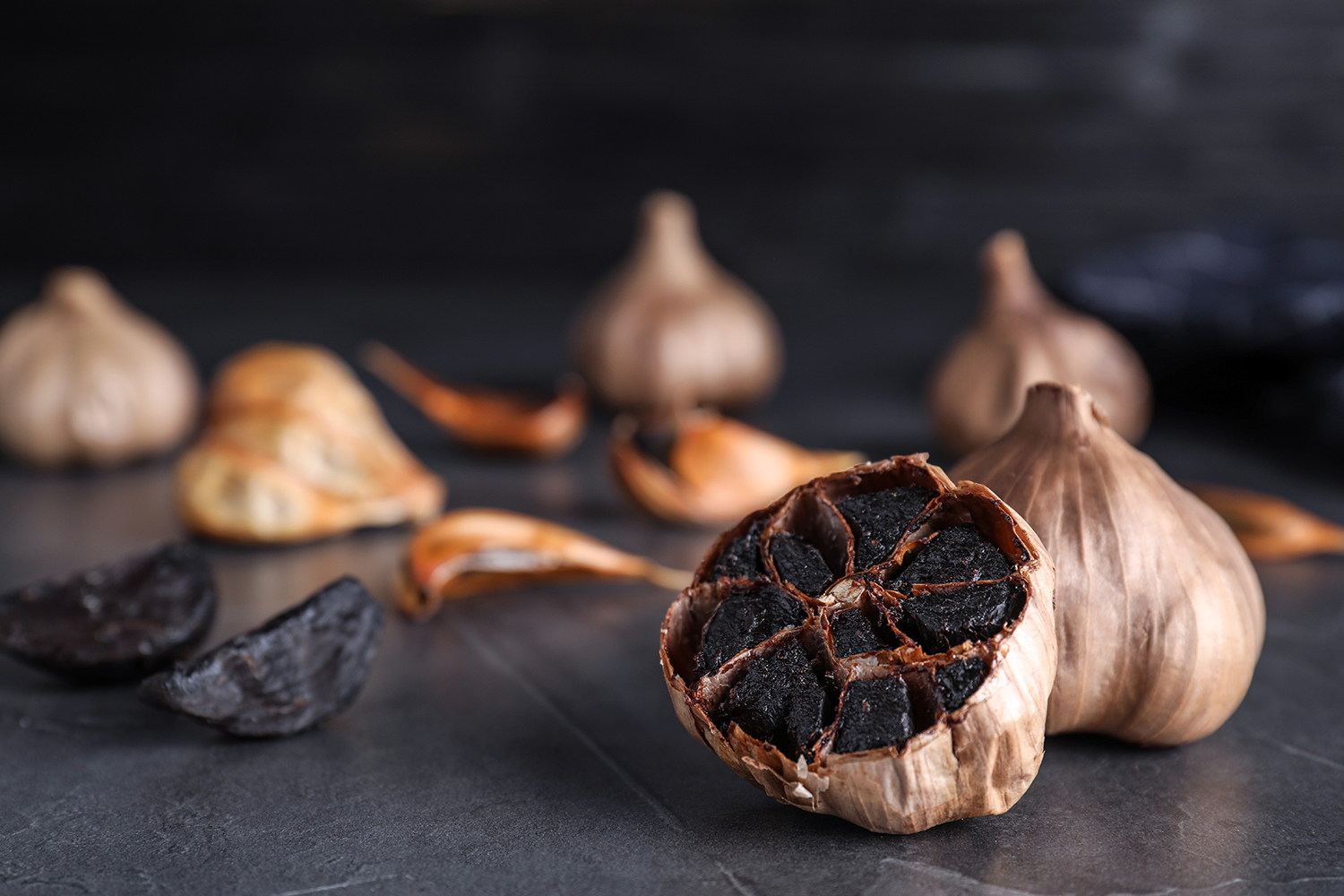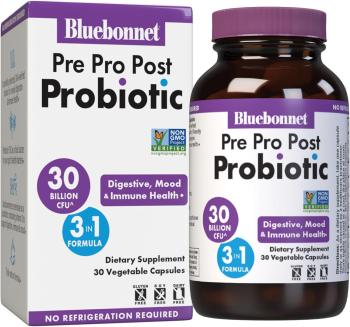From vampire repellant to cardiovascular champion, few herbs can compete with the versatility of garlic. A staple in diets around the world, from the Mediterranean to China and the Middle East, garlic has also been used medicinally since ancient times.
Antifungal, antibacterial—go on, grab a health-related adjective. Garlic in its various therapeutic disguises has been studied for heart disease, blood pressure, cholesterol, and cancer. According to the National Institutes of Health, it’s also been used to treat diabetes, hay fever, colds, and flu.
Curiously, despite thousands of studies and countless hours of research, the key to garlic’s supremacy remains elusive. Some researchers point to an abundance of sulfur-containing metabolites, such as allicin, but with more than 70 active ingredients, it’s hard to name names.
In keeping with its vaunted versatility, however, this herb comes in several forms, so if you’re not a fan of the culinary “stinking rose,” you have a choice of capsules or liquids, aged (no smell) or otherwise. And as always, check with your physician before supplementing with herbs if you’re taking other medications.
The Science Behind the Bulb
Heart
Herbalist James A. Duke, PhD, calls garlic “our premier plant for virtually any heart or circulatory condition.”
Garlic’s cardiovascular (CV) protection works like threefold armor: it cuts cholesterol and triglycerides, lowers blood pressure, and protects against atherosclerosis (clogged arteries).
Aged garlic extract (AGE) has been used to treat patients with chronic coronary artery disease and to slow calcification (which leads to hardened arteries). In a study of CV disease in postmenopausal women, a program of AGE combined with exercise had a major impact on LDL (bad) cholesterol.
Meanwhile, 30 percent of adults worldwide have hypertension, so garlic’s blood-pressure-lowering effects have broad appeal. A recent 12-week study showed that two capsules daily (480 mg total) significantly reduced participants’ systolic (top number) blood pressure.
Free Radicals
An overabundance of these destructive little molecules contributes to cancer, coronary heart disease, and aging. Making friends with aged garlic extract can significantly inhibit the production of free radicals.


